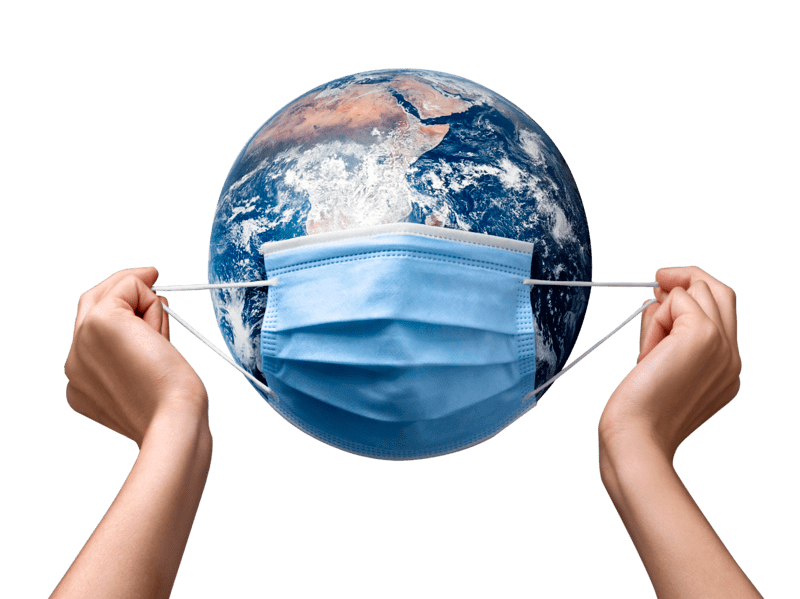Air pollution specifically in Jakarta has received a lot of attention lately. GOOD PRACTICE clinic provided multiple presentations in the community about this important topic.
Let’s start with some facts – Middle-income countries have the highest pollution. Urbanisation and expanding industries impact the air quality. Air pollution also commonly exists indoors. Children are more vulnerable than adults when exposed to air pollution, and exposure during pregnancy can affect fetal development.
What exactly are the pollutants in the air?
Pollutants can be natural or man-made, made of gas or aerosol. In cities, major pollutants are the emission of ozone (O3), nitrogen oxide (NOx), particulate matter (PM) 2.5 and PM 10 (numbers representing their size in microns) and Sulphur dioxide (SO2).
What is the Air Quality Index (AQI)?
AQI was developed by the Environmental Protection Agency EPA in the United States and it was meant to connect air pollution levels to human health effects, by calculating the concentration of the five major pollutants mentioned above. You can check levels at iqair.com or Nafas.
Effects of air pollution
Short-term or acute effects are headache, cough, irritation of eyes, nose and throat, allergic reactions, wheezing of the lungs, worsening of Asthma, complications of symptoms in elderly with cardiovascular disease and respiratory disease. All can occur within seconds, minutes, hours or days of exposure to pollutants.
Long-term or chronic effects are asthma, diabetes, COPD, stroke and cardiovascular disease. This can occur due to long-term inflammation, caused by a certain amount of PM2.5 that enters the bloodstream.
Effects of air pollution on children include problems at birth, sudden respiratory deaths, neuro-development cognition that influences academic performance, obesity, damaged lung function, chronic asthma and allergies.
About least 50 percent of outdoor pollutants can penetrate the house. Examples of indoor pollutants are dust mites, moulds, pet dander, the use of candles and incense, coal and wood burning, and emissions from electric appliances.
How to reduce exposure?
Relocating to less polluted areas is the most effective solution. Residents located more than 200 metres away from a major road are ideal. Physical activities done outdoors can be limited in terms of duration or intensity, preferably not close to main roads when the AQI is in the unhealthy category. KN95 masks are useful to filter the fine particles such as PM2.5.
Precautions for people with a history of asthma, heart problems, hypertension, diabetes, and other chronic diseases (if the AQI is over 100)
Always carry a rescue inhaler even when an asthma attack has been absent. Use a KN95 mask when going out. Clear out allergens indoors by keeping surfaces clean, sweeping off the pet dander and using exhaust fumes when cooking. Take your prescribed medications regularly.
An air purifier can be useful if it is equipped with a HEPA filter and used in closed areas. The filter should be regularly changed as per manufacturer policy and by a responsible adult wearing adequate protective measures.
Maximise general protection against air pollution
Complete vaccinations (against influenza and pneumonia) to reduce the chances of retrieving respiratory infections. Monitor chronic illnesses by following up with your GP regularly. Consume a healthy diet, rich with antioxidants. Stop smoking. Basically, to protect and optimise your natural defence system against air pollution you should try to keep as healthy as possible.
GOOD PRACTICE clinic has presented about air pollution from August 2023 in the community on a regular basis. We were invited by several schools, embassies, permanent missions, and the World Bank.




